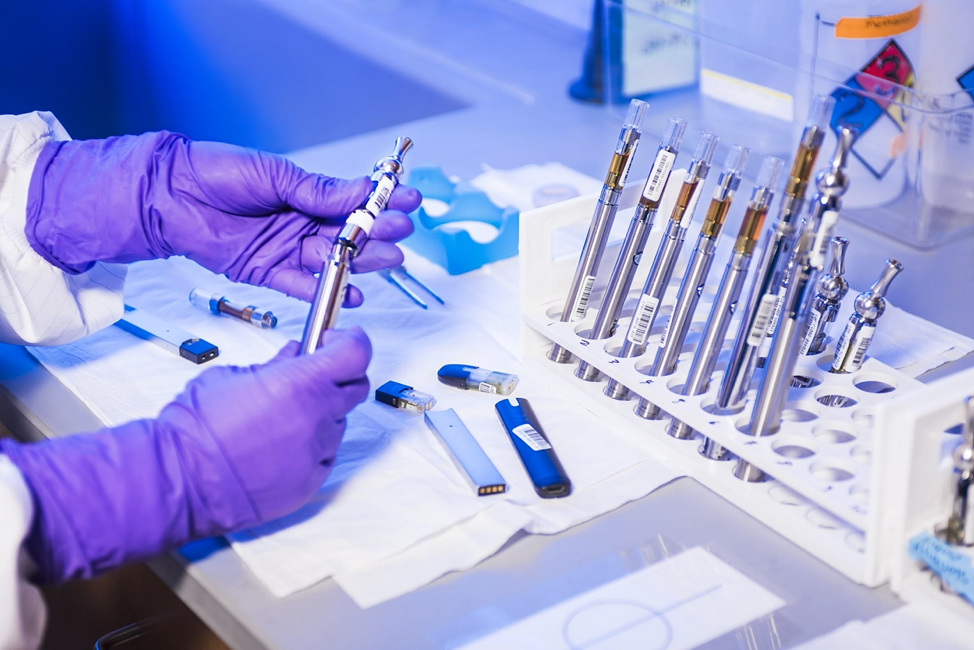7 Key Strategies to Make Your Life Science Business a Success
 Hundreds of life sciences companies are being launched every year, with almost the same goal in mind- making it big!
Hundreds of life sciences companies are being launched every year, with almost the same goal in mind- making it big!
But the thing is, only a few of them succeed, as most of them tend to fail.
By expanding too quickly, a strategy can eventually backfire.
That's because they failed at identifying the potential steps that they needed to take at that time.
If you're a life science company that’s just starting out, then you should strive to minimize the chances of failure.
Here are the six key strategies that you need to take note of if you want your life science business to be a success:
Track Consumer Behavior
According to Michelle Dipp, the co-founder and managing partner of Biospring Partners, “Life science companies who have swapped traditional outbound strategies with a more inbound approach have generated more remarkable results. This led to increased traffic, higher quality of traffic, and increased sales revenue.”
By appealing to how your customers are buying products today, you'll be providing more content that's valuable to modern buyers, convert more customers, and drive a significant return on investment.
Build Your Brand
Businesses that tend to grow the quickest are often brand-led. So, no matter area of life science you operate in, you should think of how to build your brand.
Then, position your company in front of peers, competitors, and customers. Having a strong brand helps drive revenues and sales. That's why prioritizing your brand early on enables you to save time and money.
Once done correctly, social media marketing can be both a cheap and effective way to widen your reach and boost brand awareness. You should also consider your brand's look and feel so that you'll choose the right social media platforms for your existing customer base.
Get The Right People
When you start a new company, you'll be forced to wear a lot of hats. But as your start-up grows, you can gradually make it more successful through a continuous team effort.
That's why hiring the right people to work with you is crucial as having the next great product or idea. It's working with the right people that will make your organization succeed.
It would help if you also outlined your company's core values- what it stands for, as well as its mission so that you'll be able to hire or work with people who emulates these values.
Protect Your Innovations
If you're a smaller company, then you would often find that safeguarding your intellectual property (IP) can be a costly distraction.
However, this can eventually lead to costly distraction and might lead to your idea to be stolen.
If you don't register your trademark or file for a patent, chances are your competitor will beat you to it. This can stop you from creating the next big drug, system, or product.
Pick The Right Environment
If you're a small business, your employee's productivity can be a valuable asset. Anything which halts that productivity, whether it's a lab that doesn't have enough space to get things done or the wrong office set up, can negatively impact your life science business in the long run.
That's why you need to ensure that you work with the right environment that maximizes productivity and limits underperforming team members' costs.
You should design your space with purpose, ensuring that all the facilities will contribute to your team's productivity.
Know Your Competitors
The next step that you need to take to analyze who your competitors are.
How many are there currently in the market? How are their applications or products different or similar to what you're offering?
This allows you to know your point of difference as well as your unique selling proposition. Doing so gives you insight into what makes you relatively better than your competitors.
Let's say you're developing a new therapy for lymphoma. Therefore, all the other companies who are developing lymphoma therapeutics will be considered as your direct competitors.
However, what about the others who are creating medical devices for various kinds of cancers? Then, these companies will be considered as your indirect competitors.
Be Green
There are many benefits to building a sustainable and environmentally friendly company, from cutting waste to energy-saving measures that you enforced, allowing you to save more money in return.
Apart from all these financial gains, being perceived as a green company, both people are excellent for your brand's image and attracting the right kind of people who will work for you.
That's because most people love to work with an organization that is working for a solution instead of a part of the problem that needs to be solved.
Final Thoughts
There might be many challenges that you need to face when setting up a life science company. Still, by following some of the strategies we've highlighted in this article, you'll be able to set up a successful organization in the long run.

 Delicious
Delicious Digg
Digg StumbleUpon
StumbleUpon Propeller
Propeller Reddit
Reddit Magnoliacom
Magnoliacom Newsvine
Newsvine
Comments
Post new comment